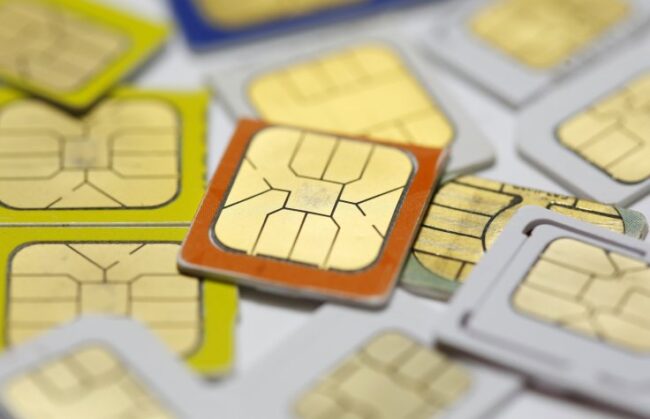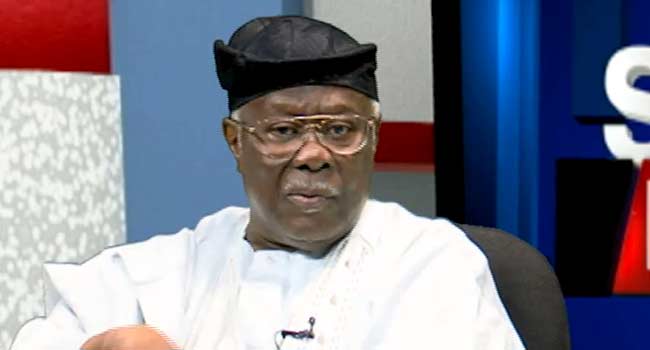The Nigerian Communications Commission (NCC) has announced September 14 as the “final deadline” for the NIN-SIM linkage exercise.
In a statement on Wednesday, the NCC directed all mobile network operators (MNOs) to complete the verification and linkage of SIMs to NINs by September 14, 2024.
The commission said over 153 million SIMs have been successfully linked to a NIN so far, “reflecting an impressive compliance rate of 96 percent, a substantial increase from 69.7 percent in January 2024″.
“To ensure full compliance with the NIN-SIM linkage policy, the NCC has directed all Mobile Network Operators (MNOs) to complete the mandatory verification and linkage of SIMs to NINs by September 14, 2024,” the commission said.
Advertisement
“Effective September 15, 2024, the Commission expects that no SIM operating in Nigeria will be without a valid NIN.
“As we approach the final phase of this critical process, the NCC seeks the continued cooperation of all Nigerians to achieve 100 percent compliance.”
‘NIN-SIM POLICY STRENGTHENS CONFIDENCE IN DIGITAL TRANSACTIONS’
Advertisement
The NCC said the complete linkage of all SIM cards to NINs is essential for enhancing the trust and security of Nigeria’s digital economy.
“By verifying all mobile users, this policy strengthens confidence in digital transactions, reduces the risk of fraud and cybercrime, and supports greater participation in e-commerce, digital banking, and mobile money services,” the agency said.
This also promotes financial inclusion and drives economic growth, the commission said.
The NCC said through collaboration with the office of the national security adviser (ONSA) and the National Identity Management Commission (NIMC), it has uncovered alarming cases where individuals possessed an unusually high number of SIM cards — some exceeding 100,000.
Advertisement
The commission reiterated its commitment to working with security agencies and other stakeholders to crack down on the sale of pre-registered SIMs, thereby safeguarding national security and ensuring the integrity of mobile numbers in Nigeria.
The NCC encouraged Nigerians who are yet to complete their NIN-SIM linkage or have faced issues due to verification mismatches, to visit their service providers promptly to update their details before the deadline.
“Alternatively, the approved self-service portals are available for this purpose,” the commission added.
“The NCC also reminds the public that the sale and purchase of pre-registered SIMs are criminal offences punishable by imprisonment and fines.
Advertisement
“We encourage citizens to report any such activities to the Commission via our toll-free line (622) or through our social media platforms.”
The NIN-SIM linkage policy began in December 2020 when the federal government directed telecommunication companies to bar unregistered SIM cards and SIMs that were not linked to NINs.
Advertisement
The NCC has since reviewed the deadline a few times, but April 15, 2024, was set as the deadline for the full network barring of subscribers with four or fewer SIMs that had unverified NIN details.
But the deadline was later reviewed to July 31, 2024, “to give consumers more time to ensure their submitted NIN details are properly verified”.
Advertisement
Amid the implementation of the policy on July 27, the facilities of telcos were vandalised by aggrieved Nigerians who were barred from making and receiving calls due to their “inability to verify” the linkage of “their national identification numbers (NINs) with their subscriber identification modules (SIMs)”.
Following the uproar, the NCC ordered telecommunication operators to immediately reconnect all phone lines that were blocked.
Advertisement
The agency said the reactivation was for a limited period to allow customers “to properly link their NIN to their SIM.”
Add a comment









